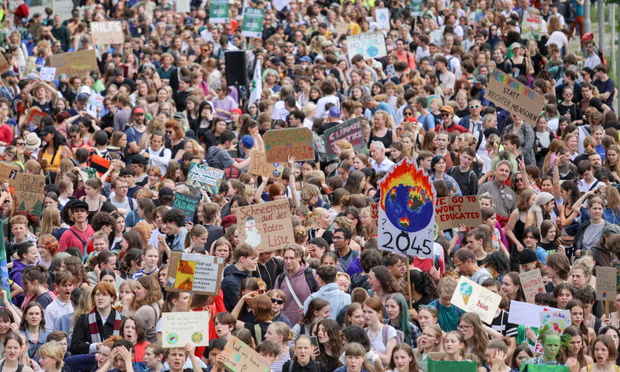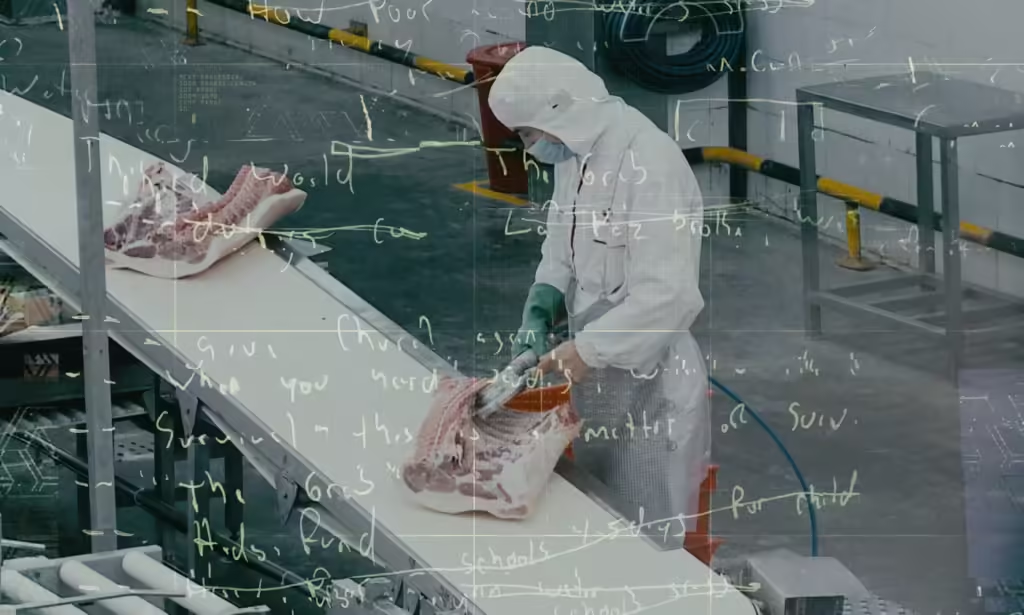Liberals in the US make up about 15% of the prepping scene and their numbers are growing. Their fears differ from their better-known rightwing counterparts – as do their methods

One afternoon in February, hoping to survive the apocalypse or at least avoid finding myself among its earliest victims, I logged on to an online course entitled Ruggedize Your Life: The Basics.
Some of my classmates had activated their cameras. I scrolled through the little windows, noting the alarmed faces, downcast in cold laptop light. There were dozens of us on the call, including a geophysicist, an actor, a retired financial adviser and a civil engineer. We all looked worried, and rightly so. The issue formerly known as climate change was now a polycrisis called climate collapse. H1N1 was busily jumping from birds to cows to people. And with each passing day, as Donald Trump went about gleefully dismantling state capacity, the promise of a competent government response to the next hurricane, wildfire, flood, pandemic, drought, mudslide, heatwave, financial meltdown, hailstorm or other calamity receded further from view.
READ ARTICLE: https://www.theguardian.com/us-news/ng-interactive/2025/apr/17/preppers-liberals-climate-collapse










